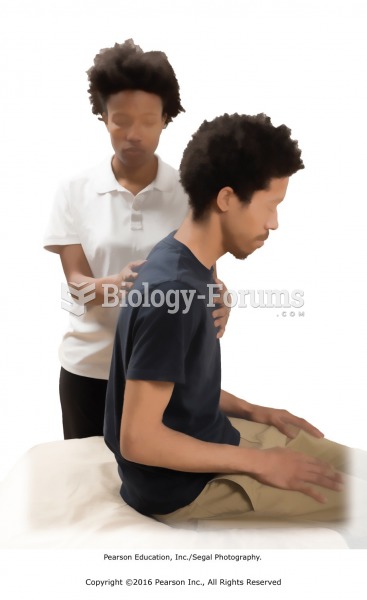|
|
|
Did you know?
Many of the drugs used by neuroscientists are derived from toxic plants and venomous animals (such as snakes, spiders, snails, and puffer fish).
Did you know?
Vaccines prevent between 2.5 and 4 million deaths every year.
Did you know?
People with high total cholesterol have about two times the risk for heart disease as people with ideal levels.
Did you know?
In 2010, opiate painkllers, such as morphine, OxyContin®, and Vicodin®, were tied to almost 60% of drug overdose deaths.
Did you know?
Interferon was scarce and expensive until 1980, when the interferon gene was inserted into bacteria using recombinant DNA technology, allowing for mass cultivation and purification from bacterial cultures.
 A photograph of Commodore Matthew Perry in 1855 juxtaposed with a Japanese portrait of him. When Per
A photograph of Commodore Matthew Perry in 1855 juxtaposed with a Japanese portrait of him. When Per
 Lewis Hine’s 1910 photograph shows a tenement alley in New York City. More famous for his “unsettlin
Lewis Hine’s 1910 photograph shows a tenement alley in New York City. More famous for his “unsettlin





